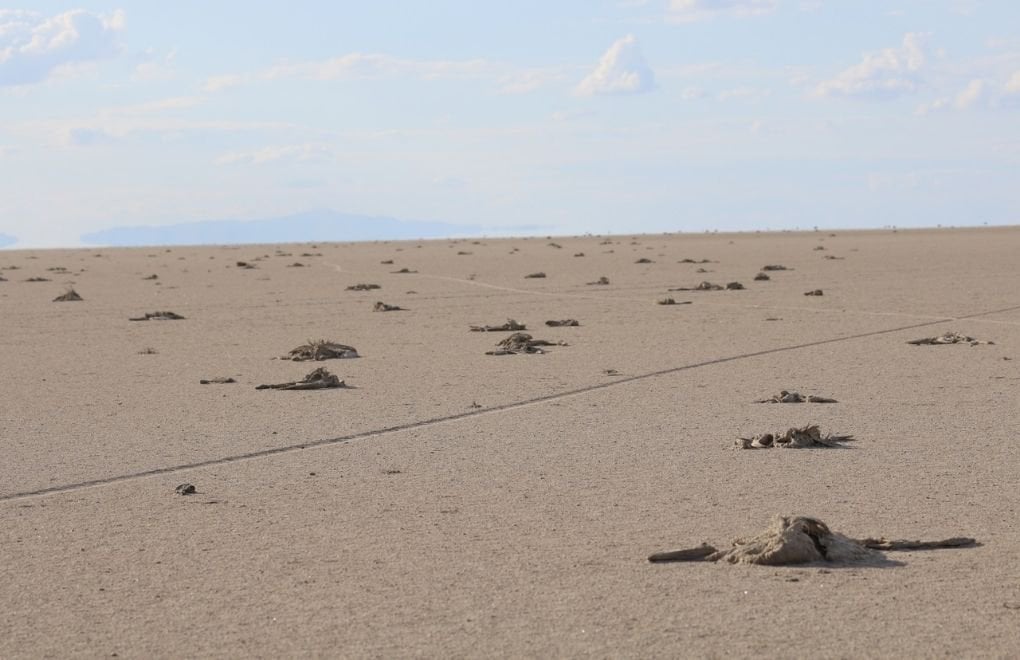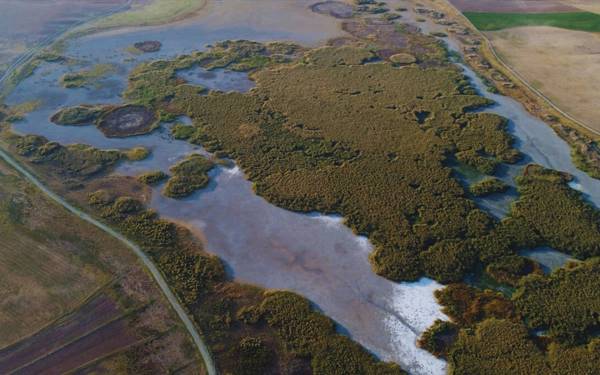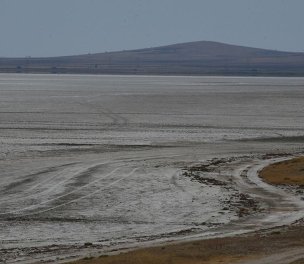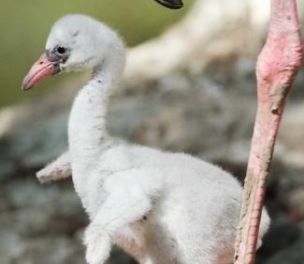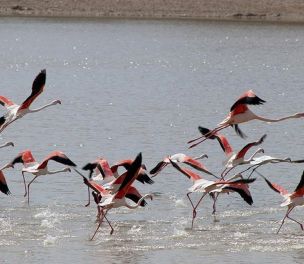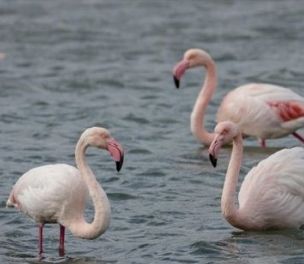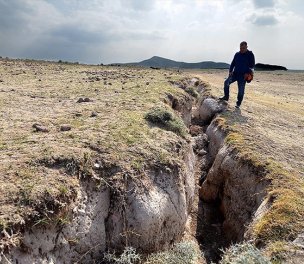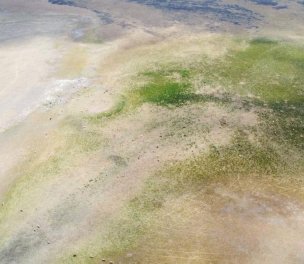Click to read the article in Turkish
Hundreds of flamingos which had just hatched lost their lives in Lake Tuz (Salt) in Turkey's Central Anatolian region on the grounds of farmers' embankment of the water channels flowing to the lake.
While Lake Tuz is the second largest lake of Turkey, it is on the migratory route of flamingos. But, this year, hundreds of baby flamingos died as the related embankment caused the water flow to stop.
Filming the death of flamingos, Aksaray Photography Artists Association Vice Chair Fahri Tunç says that every year 5 to 10 thousand baby flamingos hatch in Lake Tuz. According to Tunç, this number was 5 thousand this year. However, as the water channels flowing to the lake were embanked by villagers, the flamingos' water and feeding areas have shrunk.
"This is a massacre," he protests.
Deaths over the past week
The embankment of the water channels has hindered the water flow to Lake Tuz in two main arterial paths.
While flamingos have been dying for almost a week, nature photographer Fahri Tunç has filmed the death of all baby flamingos in the lake:
"Contrary to what the allegations suggest, it is not true that there is no water in the irrigation channels. There is water. However, by embankment, the water is directed towards the agricultural fields with aggressive irrigation. Not a single drop of water flows from there to Lake Tuz. I am addressing the authorities from here: Let's be sensitive about this issue.
"Our hundreds of babies have died here. There will no longer be an earth that we will show to our children. We will all be responsible for this."
Complaints have remained inconclusive
Fahri Tunç underlines that similar incidents happened before and he made his applications to the relevant authorities, but without any consequences:
I applied to the State Hydraulic Works (DSİ), I filed a complaint. It remained inconclusive. As there is no sanction, they have started to embank the channels. There have been flamingo deaths for nearly a week now. All baby flamingos have died in Lake Tuz, which receives no water in any way at all."
'The longer the way, the more fatalities'
Tunç says that flamingos first go to the area where they feed, then, they take their babies with them, feed the babies there and come back afterwards. He underlines that the longer this distance gets, the more fatalities will occur. In Lake Tuz, this distance is 1.5 kilometers.
Tunç briefly adds:
"Flamingo parents do not claim a baby on their own. As they live in groups, they raise their offspring with a system that we call 'mother's bosom'. Imagine: 10 thousand baby flamingos are born into a circle. There are 20 thousand parents surrounding it.
"Parents first go to the area where they will feed. They slowly take the babies with them and come back after feeding them. They come back to the clean water center in Lake Tuz, where they bathe and get clean. The longer this distance is, the more fatalities will occur."
Flamingos in Lake Tuz
Located among Konya, Ankara and Aksaray provinces in Central Anatolia, Lake Tuz (Salt) is a lake with a closed basin. As it is on the migratory route of birds, several bird species stop by in spring and summer.
Every year, Lake Tuz is visited by 20 thousand to 22 thousand flamingos. The lake is called a "heaven of flamingos" by the locals. Spending some time there, flamingos also have their incubation period in Lake Tuz. As of fall, they migrate to warm countries with their offspring.
According to the data of the Ministry of Environment and Urbanization, 20,381 flamingos hatched in 2019. According to the Ministry, Lake Tuz is one of the most important places of incubation for flamingos across the world. It is also a Grade 1 Natural Protected Area, Plant Site of Importance, Natural Site of Importance and Bird Site of Importance. (TP/SD)




